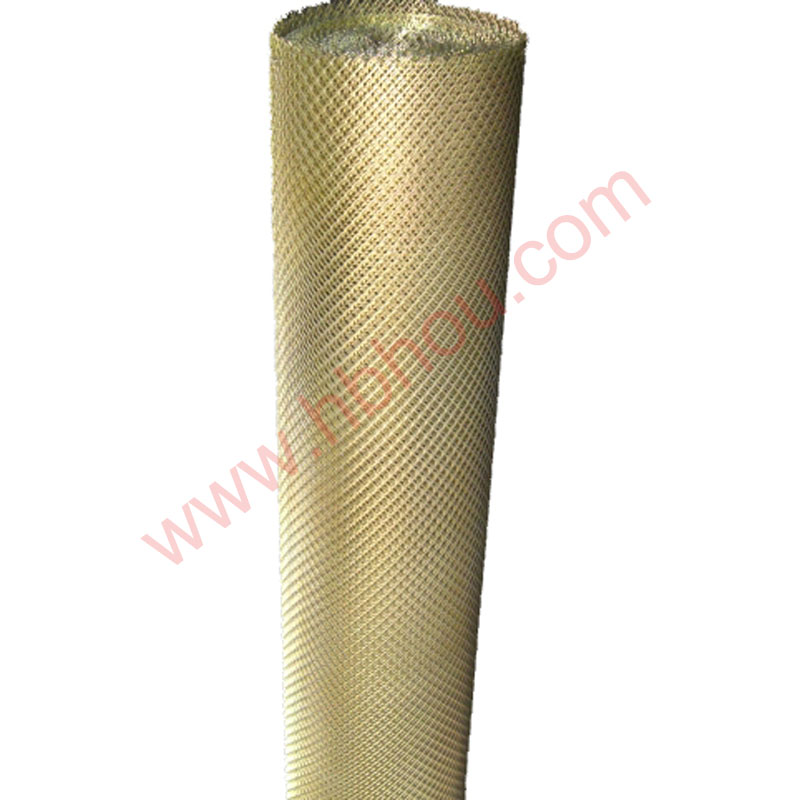Choosing the Right Window Screens for Your Home
When it comes to enhancing the comfort and functionality of your home, window screens play an often-overlooked yet essential role. Not only do they allow fresh air to circulate and keep insects at bay, but they also provide a layer of UV protection and can improve the overall aesthetic of your home. This article will explore the various types of window screens available for residential properties, helping you make an informed decision that best suits your needs.
Types of Window Screens
1. Fiberglass Mesh Screens These are the most common type of window screens. Made from woven fiberglass strands, they are lightweight, durable, and resistant to rust and corrosion. Fiberglass screens have a fine mesh that allows for excellent visibility and airflow while keeping even the tiniest insects out. They come in various colors, often in charcoal or gray, blending well with most window frames.
2. Aluminum Screens Known for their sturdiness, aluminum screens are a great choice for homes in high-wind areas as they won't sag or tear easily. However, they are prone to corrosion, so it’s essential to consider where you live before opting for aluminum. These screens can also be painted to match the color of your windows, providing an attractive finish.
3. Retractable Screens If aesthetics are a priority, retractable screens might be the solution you're looking for. These screens roll up neatly into a housing when not in use, allowing you to keep your views unobstructed. They are perfect for large openings like sliding glass doors and patios, and many come with motorized options for easy operation.
4. Solar Screens Designed to block harmful UV rays, solar screens are particularly beneficial for homes with lots of sun exposure. They provide protection from fading furniture and carpets while lowering cooling costs during hot months. Available in various degrees of openness, solar screens reduce glare without completely obstructing your view, making your living space more comfortable.
window screens for home

5. Pet Screens For pet owners, traditional screens may not withstand the playful scratches and nudges from curious pets. Pet screens are made from stronger materials that resist tears and punctures, providing a durable barrier while allowing your furry friends to enjoy fresh air. They come in various colors and styles, ensuring that you don’t have to compromise on aesthetics.
Benefits of Window Screens
One of the primary benefits of window screens is improved ventilation. During pleasant weather, opening windows with screens allows cool breezes to flow while keeping unwanted insects out, contributing to a more comfortable indoor environment.
In addition to increasing airflow, window screens can enhance energy efficiency. By allowing natural light to illuminate your home without letting in heat, especially with solar screens, they help reduce reliance on artificial lighting and air conditioning, leading to potential savings on energy bills.
Another significant advantage is the enhanced security screens provide. While they aren’t a replacement for locks, well-made screens can act as an additional deterrent to intruders. Some models come with reinforced frames or locking mechanisms to improve security further.
Conclusion
Choosing the right window screens for your home involves considering various factors, including material, function, aesthetics, and your specific needs. Whether you prioritize durability, energy efficiency, or pet-friendliness, there is a perfect screen for you. Investing in high-quality window screens not only improves your home's livability but also increases its overall appeal and security. As you explore options, remember to assess your environment and personal preferences to select the best window screens for your home. With the right choice, you can enjoy the beauty of the outdoors without compromising comfort and safety.
















